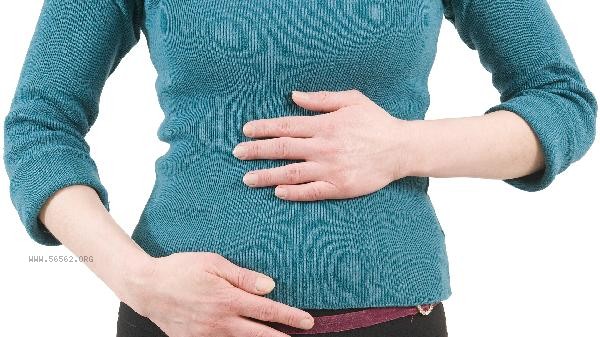Women with high total cholesterol are recommended to undergo endocrine or cardiovascular examinations. The increase of total cholesterol may be related to abnormal lipid metabolism, hypothyroidism, diabetes and other factors, usually accompanied by dizziness, chest tightness and other symptoms. The cause of the disease needs to be determined through testing of blood lipids, thyroid function, and other factors. The endocrinology department mainly investigates cholesterol metabolism problems caused by abnormal hormone levels, such as hypothyroidism, which reduces lipoprotein lipase activity and slows down the clearance of low-density lipoprotein. The cardiovascular medicine department focuses on assessing the risk of atherosclerosis. If there is a family history of hypertension or coronary heart disease, further examinations such as carotid ultrasound may be required. Setting up a metabolic disease department in some hospitals can also be considered as an alternative, especially for patients who also have abnormal blood sugar levels, which is more targeted. Three days before the examination, one should maintain a daily diet and avoid vigorous exercise. Fasting for 10-12 hours to draw blood can improve the accuracy of the test. After discovering an increase in cholesterol, it is necessary to reduce the intake of animal organs and fried foods in daily life, and prioritize foods rich in unsaturated fatty acids such as deep-sea fish and oats. Engaging in aerobic activities such as brisk walking or swimming every week can help increase high-density lipoprotein levels. Regular monitoring of blood lipid changes is important for evaluating intervention effectiveness. If the indicators still exceed the standard after lifestyle adjustments, medication treatment should be considered according to medical advice.










Comments (0)
Leave a Comment
No comments yet
Be the first to share your thoughts!